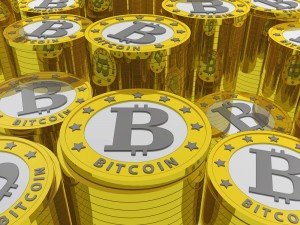Bitcoin purchase goods
The advent of the internet has changed the world in countless ways,but perhaps most significantly,it has brought nations closer together and allowed people separated by thousands of kilometres to communicate in real time.
A consequence of this is that consumers are no longer limited by the shops and services based in their particular city or town. Now,it’s just as easy – if not easier – to purchase goods from a retailer in a distant country than it is to get in your car,drive to the mall and buy something.
It’s only natural,then,that people have begun to question the idea of physical currency as a practical way of trading and building wealth. In a world in which more and more goods are bought and sold digitally,will there continue to be a need for banknotes and coins?
This has opened the door for a new form of currency,a digital currency that uses online peer-to-peer technology to operate independently of governments or banks. Bitcoin is new,bitcoin is controversial,bitcoin is maybe even dangerous… but it might just be the future of currency as we know it.
Bitcoin: A new kind of money
Bitcoin.org – an unofficial information site owned and maintained by several of the core developers and community members behind bitcoin – defines the online currency as an “innovative payment network and a new kind of money”.
In short,bitcoins are digital coins that can be generated and transferred person-to-person over the internet. Bitcoins are created by anybody with an internet connection using a free application. However,the number of bitcoins created is strictly monitored in order to ensure they are generated at a predictable rate.
This process of bitcoin generation and the fact that the currency is still in its infancy has led to a significant increase in bitcoin value since becoming officially operational in early 2009. At the start of 2012,a single bitcoin was worth less than eight US cents. By April 2013,at the height of a notable price rally,each bitcoin was worth US$266.







